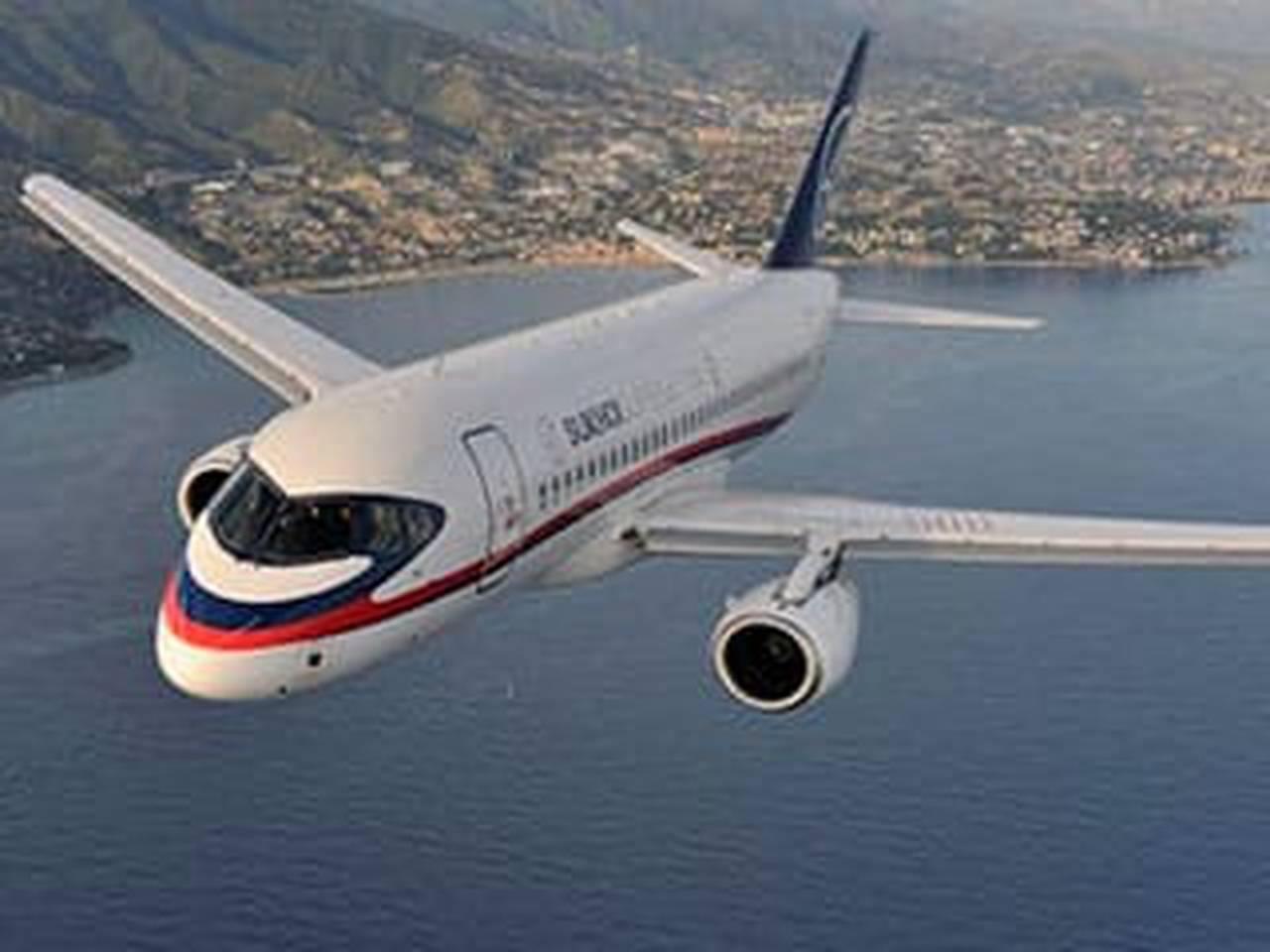Jet database Sukhoi

Sort:
Title
Rental price
Amount of seats
Trunk volume
Range
Speed
Salon height
A Russian company engaged in the development, production, marketing, training of flight personnel, after-sales service, including the supply of spare parts and equipment for military and civilian aircraft of the "Su" and "Be" brands.
Your friends are already working with us. Why don't you trust us too?
We will select the best aircraft for any request and budget
By pressing the button, you agree to
the terms of personal data processing.

